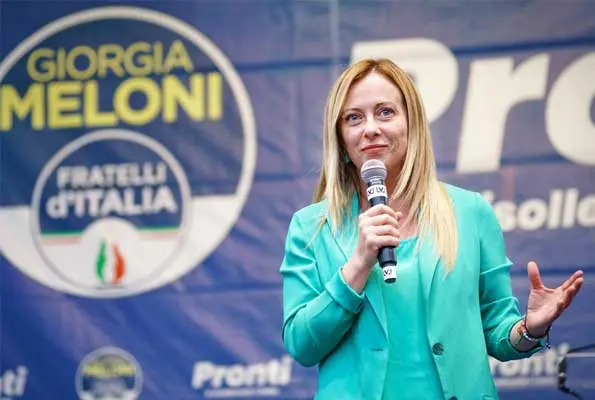Italy, which has a public debt of about 140% of its national output, believes that the European Union’s budget rules are still too strict, despite signing up for a deal that provides some relief for the country.
The deal, reached last week to reform the Stability and Growth Pact, gives nations more time to consolidate their public finances.
However, Italy has no plans to significantly reduce its debt in the near future and plans to “continue the battle” to change the rules.
Prime Minister Giorgia Meloni expressed disappointment that strategic investments were not excluded from countries’ deficit and debt calculations under the new rules, which will be effective from 2025, even though they were an improvement over the old rules.
In a statement issued, Giorgia Meloni said, “This is a battle we will in any case continue in the future.”
The Stability and Growth Pact was suspended in 2020 due to the COVID-19 pandemic. Since then, many countries have launched pandemic recovery programmes and the EU has initiated spending to achieve its climate, industrial policy and security goals.
However, this has increased national debt levels, making it almost impossible for many countries, including Italy, to meet the pact’s benchmark requirements of having a budget deficit within 3% of gross domestic product and debt no higher than 60%.
Italy, which is the third largest economy in the Eurozone, had a deficit-to-GDP ratio of 8% in the previous year. This was due to expensive tax breaks given for energy-saving home improvements, and a debt of 141.6%. To address this, the country aims to reduce the deficit to 5.3% and the debt to 140.2% this year.
In September, Rome created a multi-year economic plan, which aims to reduce the debt-to-GDP ratio by only 0.6 percentage points between 2023-2026. However, the new EU regulations require a minimum average annual reduction of at least 1 percentage point per year.



